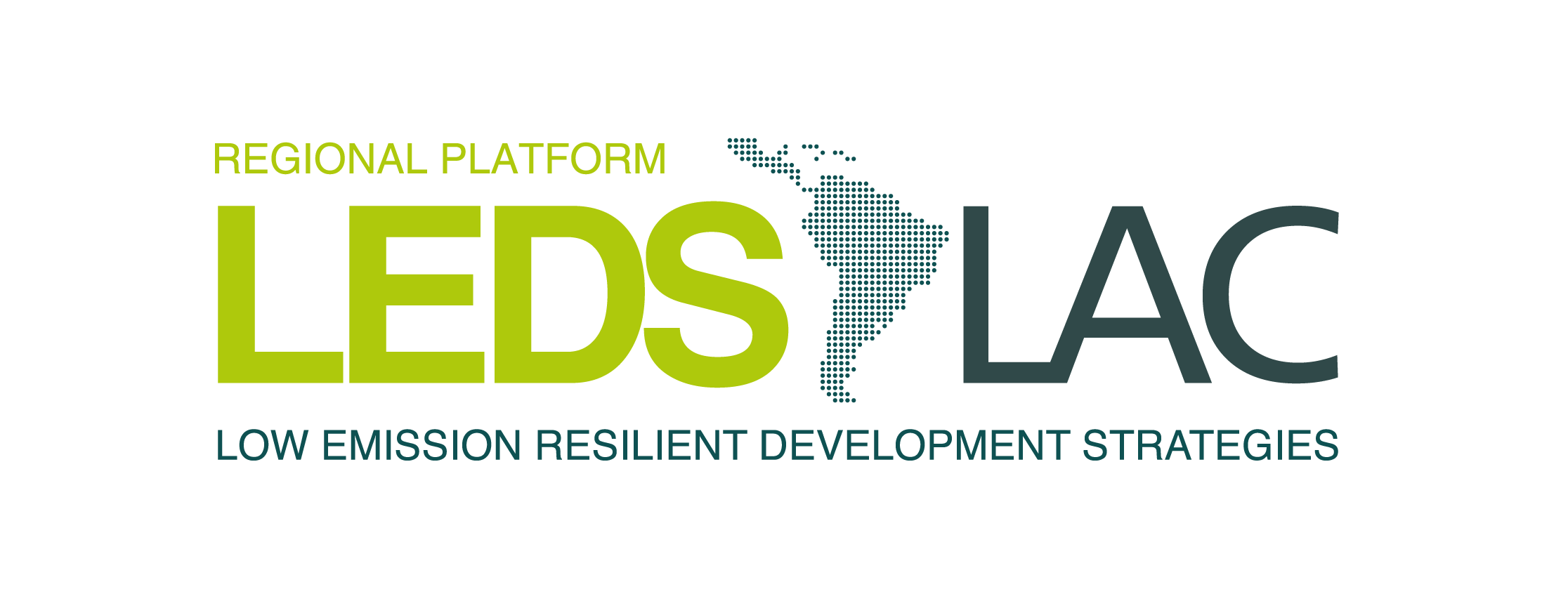VIDEO
Date: Wednesday May 25th
Time: 9:00- 11:00 am (CST, time in Costa Rica)
Agenda
Introduction
Aída Figari. Technical expert of the LEDS LAC Secretariat, Libelula.
Tamaro Kane, Green Growth Knowledge Platform (GGKP) Coordinator, World Bank
The World Bank approach to inclusive green growth in LAC. Carter Brandon Lead Economist, World Bank.
The UNEP approach to inclusive green growth in LAC. Matias Gallardo. Green Economy, United Nations Environment Programme Finance Initiative (UNEP FI)
Inclusive green growth in action: Aid for Trade and Trade in Quinoa. Alex Kasterine Head of the Trade and Environment Programme, International Trade Centre (UN/WTO).
About the webinar
The Latin America and Caribbean Region (LAC) has served as the world's laboratory for inclusive green growth having implemented clean, efficient, resilient and socially inclusive innovations, including for example a low emission energy matrix, the first regional catastrophic risk insurance facility, Payments for Environmental Services and the world's most extensive use of Bus Rapid Transit. However, converting these sparks of innovation into mainstream policies and widespread practices is a key challenge that lies ahead for the LAC region.
The aim of this webinar is to stimulate an in-depth discussion on how to leverage collective action towards inclusive green growth. With a panel of leading experts, the webinar provides discussion and debate on the key opportunities and challenges, and regional examples of where the pro-poor and inclusive approach is being implemented, lessons learnt, and critical knowledge gaps where further collective action is required.
The key questions to be addressed in the webinar are:
- What are the key challenges we face in designing and implementing inclusive green growth in the LAC region?
- What are the lessons and reflections from existing examples in implementing inclusive green growth?
- How can we collaborate and scale up best practices to ensure green growth is inclusive?
The webinar will be held in Spanish. For more information about the webinar, click here. If you have any questions about this event, please contact the Secretariat of the Platform LEDS LAC: info@ledslac.org
About the speakers
Tamaro Kane
Tamaro Kane coordinates the World Bank's contribution to the Green Growth Knowledge Platform. Prior to her current role, Tamaro served as a Research Assistant in the Early Recovery, Livelihoods, Poverty Reduction and MDGs unit of UNDP's office in Haiti providing technical assistance to conditional cash transfer programs, impact evaluations, and the elaboration of a national social protection strategy. She has also worked at the African Development Bank, Clinton Foundation, and International Rescue Committee. Tamaro is Senegalese American and holds a Masters in International Economic Policy from Sciences Po Paris and a Masters in International Finance from Columbia University.
Carter Brandon.
Carter Brandon is the World Bank's Global Lead Economist for the Environment and Natural Resources Global Practice. Over his twenty years at the World Bank, he has held lead positions in both headquarters (Latin America and South Asia regions) and in the field (Beijing and Buenos Aires). His primary interests are in the linkages between the environment, welfare and growth. He was educated at Harvard University (B.A.) and Oxford University (DPhil, ABD, Agricultural Economics).
Matias Gallardo
Matias Gallardo currently serves as the focal point for the Green Economy Initiative and the Finance Initiative of UNEP in Latin America and the Caribbean Regional Office. With over seven years of work in public, private and international organizations on project and programme coordination and management. He holds an MSc in Political Economy from LSE.
Alex Kasterine
His professional interest lies in the role of markets to deliver sustainability particularly in the field of trade, agriculture and biodiversity. Prior to joining ITC in 2002 he worked as a research economist at University of London and in Mexico for a conservation NGO carrying out research into sustainable farming systems and markets. Alex holds a Ph.D. in Agricultural and Natural Resource Economics from Imperial College, London.
